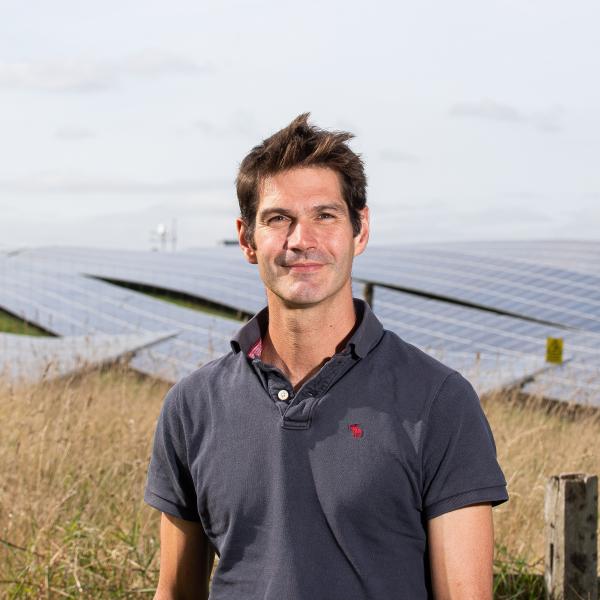Materials and biological physics
The Materials and Biological Physics Group studies a wide range of problems in soft matter, from understanding the fundamental physical principles that underpin life, to the practical applications of organic thin-films.

Off
Research interests
- Using steady-state and time-resolved optical spectroscopic techniques to study electronic structure and excited-state dynamics of conjugated carbon-based materials
- Understanding singlet exciton fission in polyenes and acenes, and controlling singlet and triplet exciton energies through solid-state and molecular engineering
- Exploring polymers at surfaces and interfaces: film stability and dewetting; phase separation; diffusion of polymers on surfaces and in films; polymer adsorption
- Photonic and polaritonic structures and lasers based on thin films of organic and 'hybrid-semiconductor' materials
- Photovoltaic and light emitting devices based on perovskites and polymeric semiconductors; developing manufacturing processes
- Investigating future energy systems through collaborative interactions with the public
- Performance and integration of PV systems into the UK electricity network
- Understanding the physics of cell motility and cancer metastasis
- The development of new optical and atomic force microscopy based imaging techniques for understanding living systems
- The physics of bacterial life, death, and antibiotic resistance














